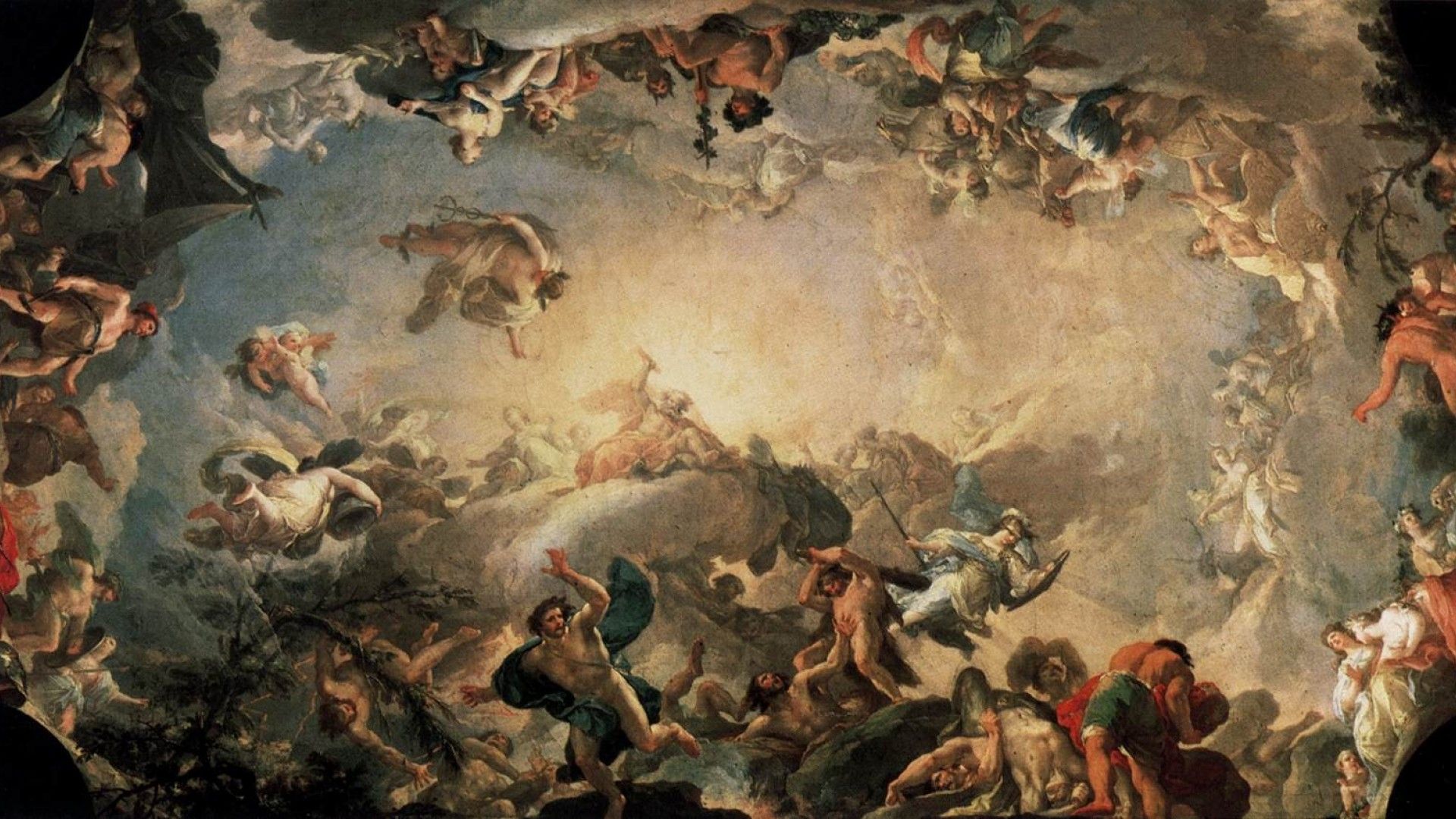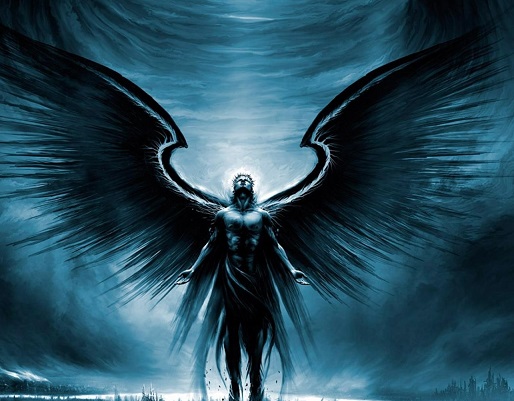
Morpheus

God of Sleep and Dreams
Night had fallen and the world begins to wind down; calm has descended upon the end of another intense day of hard work, quick love, and quite possibly Olympian-inspired adventure. The world goes dim and then dark, and most every soul turns to the pillow for a solid night of sleep.
The god of Sleep, Hypnos, has brought the kind, peaceful rest upon the humans of earth, leaving them open to the whimsical will of his son, MORPHEUS, the god of dreams!
Morpheus was the god responsible for creating the dreams of people deep in sleep. When in his arms, people would enjoy a sound and restful night's slumber, but would also be able to dream about future events, for good or bad. Prophecy.
Morpheus was also the dream messenger of gods, communicating their divine messages through images and stories, created as dreams. Morpheus had the ability to take any human form and appear in dreams, usually to give news or warnings...
Morpheus is the son of Hypnos, the god of sleep and Pasithea, the goddess of relaxation, and followed in the family business quite well. In his real form Morpheus was shown as a young man with dark hair and features, and had wings on his back.
The legend says that Morpheus used his wings not only to reach those who needed help in their dreams but also to carry his father, Hypnos, when on several occasions he needed to be saved and hidden from Zeus' anger as a result of helping Hera out.
Most stories show Morpheus as a pretty lazy god, spending most of his time sleeping and lounging around half-awake, though you can't fully blame him; its in his nature! With parents like his, the god of sleep and the goddess of rest, is it any wonder his job is taking it easy in dreams?
In modern day, Morpheus has become known as the "Sandman," who sprinkles magical dust to put people to sleep and bring dreams!
Morpheus had some help in distributing certain types of dreams from his younger brothers, the Oneiroi (On-ear-oi = Dreams). They were his ultimate assistants to their mom and dad: Icelus was responsible for the reality parts of the dreams (dreams that seem real), Phobetor was the creator of phobic or fearful dreams (anxious dreams), while Phantasus created the unreal dreams, full of phantasms (nightmares).
What made Morpheus the biggest among his brothers was his ability to oversee the dreams of heroes and kings and influence the dreams of Gods. The four brothers emerged each night like a flock of bats from their cavernous home in Erebus, the land of eternal darkness beyond the rising sun (actually deep in the Underworld). They had been given their wings by their uncle, Thanatos, the god of death.
When departing, the Oneiroi passed through one of two gates (pylai). The first of these, made of white horn, was the source of the prophetic god-sent dreams, while the other, constructed of ivory, was the source of dreams which were false and without meaning. The term for nightmare was melas oneiros (black dream).
Morpheus and his entire family lived in the region of the Underworld known as Erebus, and there, while not shaping the dreams of mortals as he wished, and not visiting countless bedrooms across the world he slept within a vast cave covered in a field of red poppies.
The poppies (which is where the drug opium, which when taken makes a person woozy and sleepy, as well as morphine, an opium based medication for severe pain) symbolized deep sleep and dreams to the ancient Greeks. The drug morphine today borrows its name from Morpheus, as does the word "morph," which means "to change."
Pretty accurate when you consider how bizarre and shifty late-night dreams can get! Flowing through the cave of poppies were the River of Forgetfulness and Oblivion, Lethe, and to either side of the gates into Erebus guarded by the dream-power of the Oneiroi; any unwanted visitors who attempted to enter would be confronted with two monsters conjured up from their worst nightmares.
Every person would see something different, and the fact that your own fears were being used against you kept the cave safe from intruders.
The Roman poet Ovid wrote this poem about the skills of Morpheus:
"King Sleep was father of a thousand sons -
indeed a tribe - and of them all, the one
he chose was Morpheus, who had such skill
in miming any human form at will.
No other Dream can match his artistry
in counterfeiting men: their voice, their gait,
their face - their moods; and, too, he imitates
their dress precisely and the words they use
most frequently. But he mimes only men..."
[1]
Sources
Our Mobile Application
Check out Our Mobile Application "Ancient Greece Reloaded"


